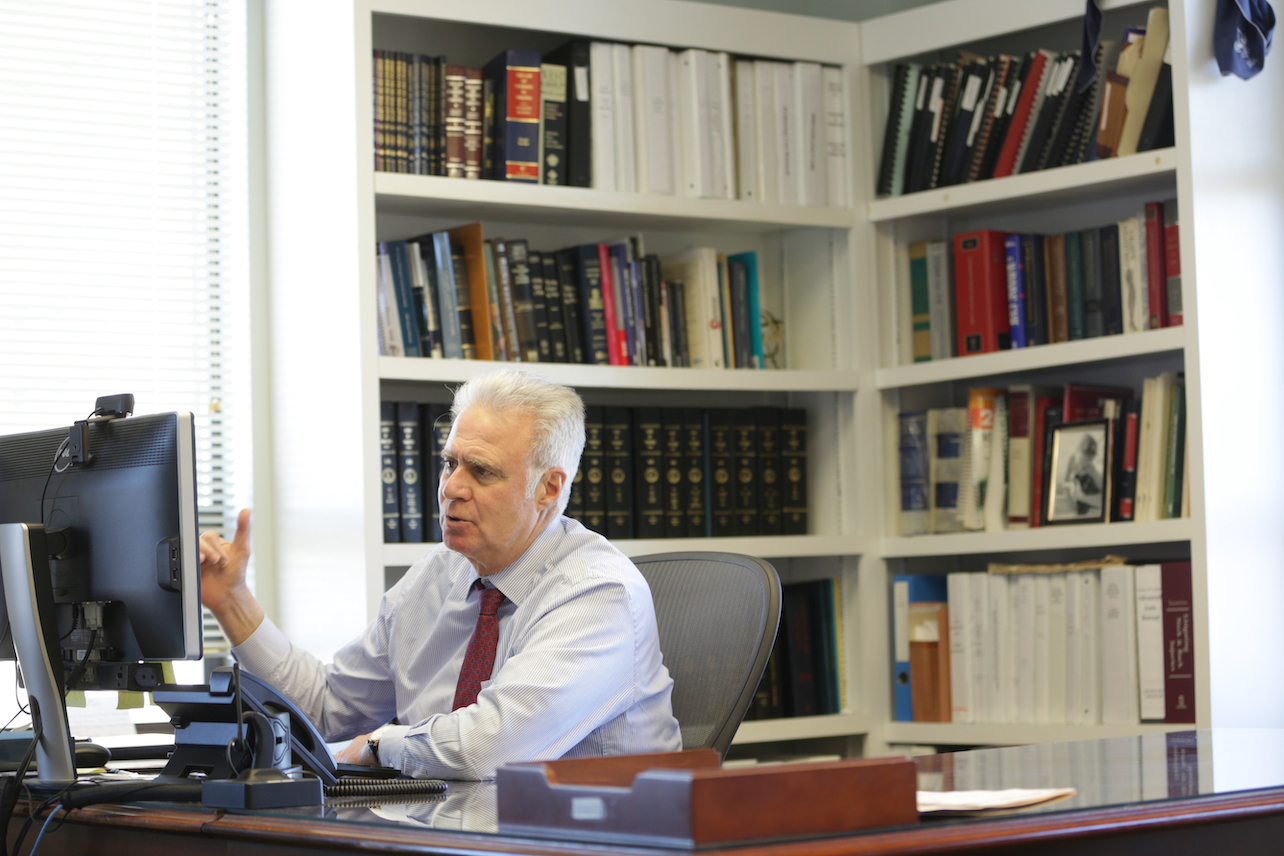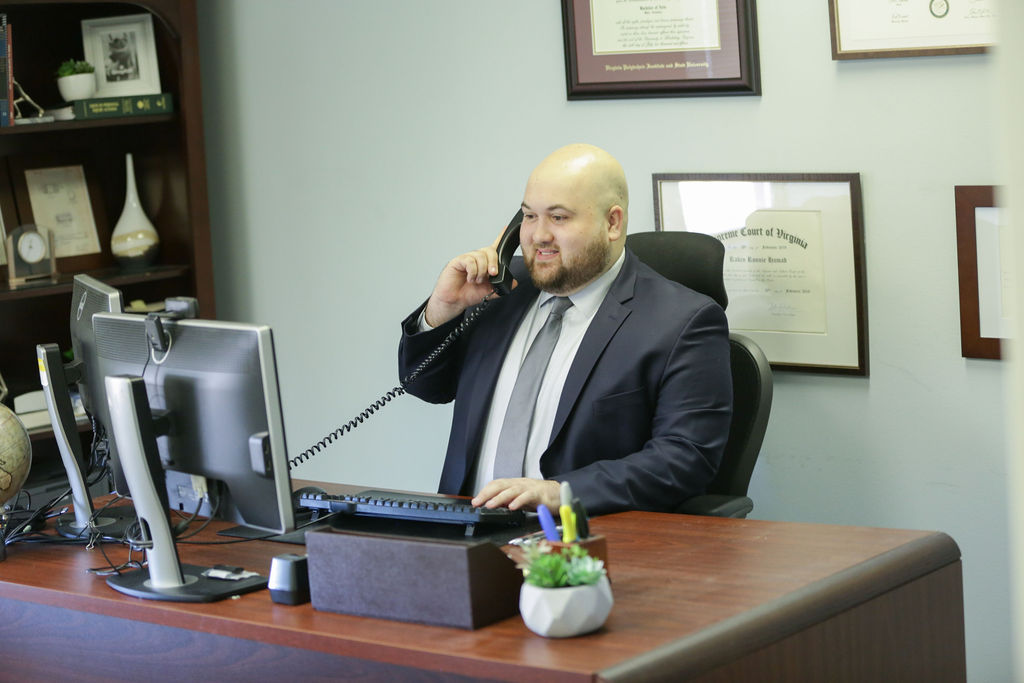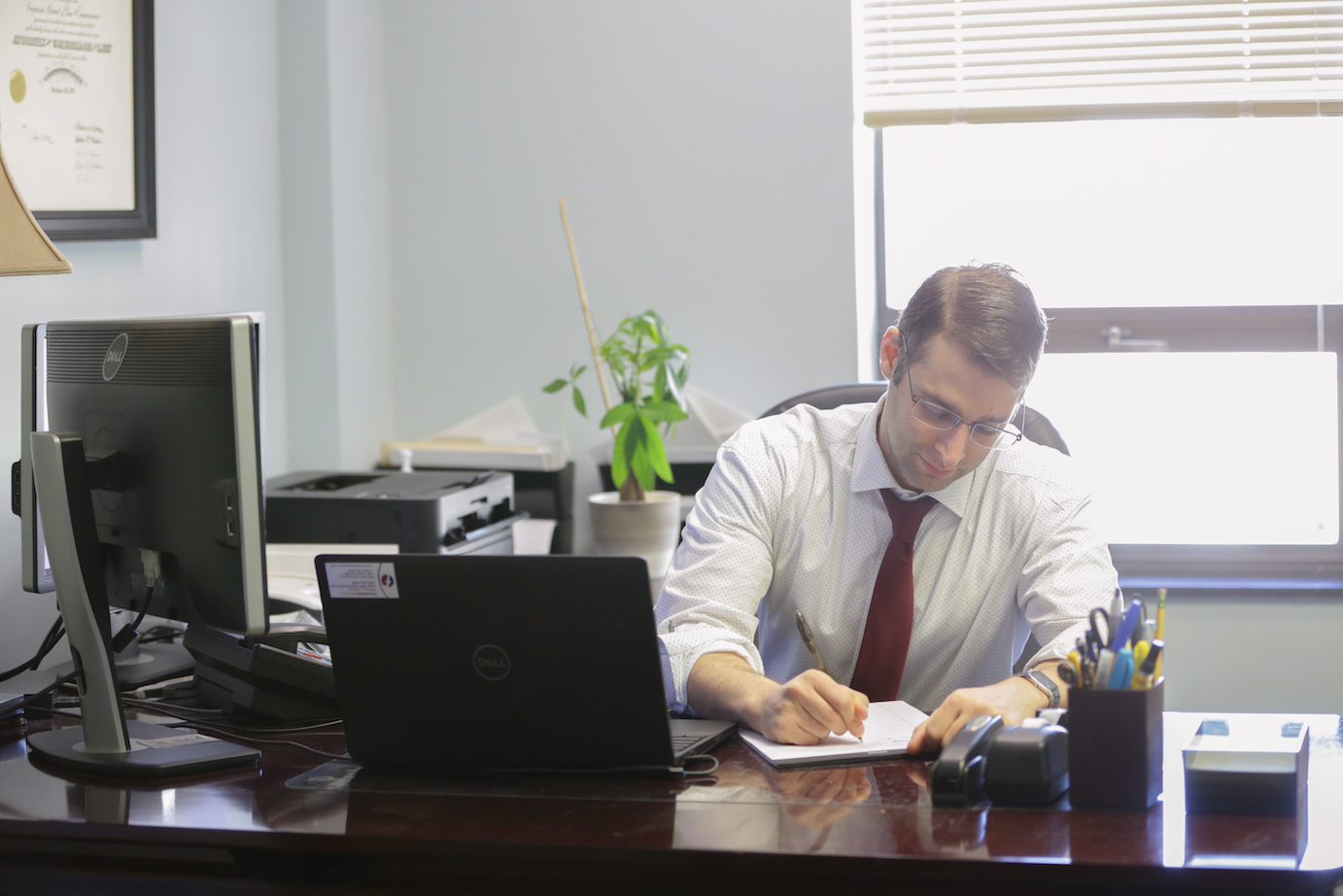Independence Day is very nearly upon us! Time for barbeques, fireworks, picnics, and baseball. But what does this day really mean to Americans? When the haunting tunes of the “Star-Spangled Banner” waft through crowds at the Nationals Game or “Proud to be an American” spits from static-y radio speakers on the country station, what do we think of?
Do we sit back and remember the signing of the Declaration of Independence, severing our ties with England, or the Constitution, our rights so simply stated that years later we’re still interpreting their meaning? Do we remember the “Shot Heard Round the World” or think of Patrick Henry’s famous speech? The history of America is weaved in and out of the law, and fraught with heroes and villains who practiced and interpreted those laws. For example, 32 of the 55 framers of the Constitution were lawyers and 25 of the 56 signers of the Declaration were lawyers. The author of “The Star Spangled Banner”, Francis Scott Key, was also a lawyer. Below are some interesting facts about a few of the lawyers who helped create the America we prosper in today:
Francis Scott Key
Key was a leading attorney in Frederick, Maryland and Washington, D.C. for many years. The young Key assisted his uncle, the prominent lawyer Philip Barton Key, with the sensational conspiracy trial of Aaron Burr and the expulsion of Senator John Smith of Ohio. Key made the first of his many arguments before the United States Supreme Court in 1807. President Jackson nominated Key for United States Attorney for the District of Columbia in 1833. After the U.S. Senate approved the nomination, Key served from 1833 to 1841, while also handling his own private legal cases. In 1835, in his most famous case, Key prosecuted Richard Lawrence for his unsuccessful attempt to assassinate President Andrew Jackson at the entrance doors and top steps of the Capitol, the first attempt to kill an American chief executive.
“Frank” Key, as many called him, was completely tone deaf despite being the author of what would later become the national anthem, “The Star Spangled Banner”.
John Adams
John Adams was a lawyer and public figure in Boston. As a delegate from Massachusetts to the Continental Congress, Adams played a leading role in persuading Congress to declare independence. He assisted Thomas Jefferson in drafting the Declaration of Independence in 1776. As a diplomat in Europe he helped negotiate the peace treaty with Great Britain. Adams first rose to prominence as an opponent of the Stamp Act 1765 by writing the “Braintree Instructions”, which were a concise and straightforward defense of colonial rights and liberties.
In 1770 John Adams defended the soldiers who were arrested for the Boston Massacre. In their defense, Adams made his now famous quote regarding making decisions based on evidence: “Facts are stubborn things; and whatever may be our wishes, our inclinations, or the dictates of our passion, they cannot alter the state of facts and evidence.”
Thomas Jefferson
Jefferson studied law in colonial Virginia from 1768 to 1773 and was admitted to the bar of the General Court of Virginia in 1767. Jefferson did not practice for very long, being more inclined towards politics and legislature, however he was closely involved with freedom suits for slaves seeking their freedom such as the case of Samuel Howell. He argued for “personal liberty” and “natural law” but was promptly cut off by the judge who ruled in favor of the opposition, Wade Netherland. Jefferson tried his hand again by defending Dr. Campbell, a smallpox inoculator, but gave up his practice before the case was resolved.
In 1770 he lost his library, legal papers, and notes to a fire. He was desperate, even frantic, but George Wythe consoled him with a line from Virgil, “Carry on, and preserve yourselves for better times.”
George Wythe
Wythe was admitted to the bar in Elizabeth City County in 1746 and moved to Spotsylvania County to begin legal practice in several Piedmont counties. Wythe practiced law before two powerful committees of the House of Burgesses, Privileges and Elections and Propositions and Grievances, as well as the General Court in Williamsburg. Wythe managed to keep a thriving private legal practice as well as actively participate in Virginia legislature, mainly in Williamsburg. He is known for educating Thomas Jefferson in law.
Wythe’s motto was “Secundis dubiisque rectus”, translated as “Upright in prosperity and perils.”
Descending from such lofty heights to a more pragmatic, but as important a subject, July fourth is one of the most dangerous holidays in regards to travel. Unlike more traditional family holidays like Christmas or Thanksgiving where most people stay in someone’s home, Independence Day is a time to go to a party or a picnic. Please remember to be responsible when you drive, to know your limits, and to be safe. Never drink and drive. According to data from the National Safety Council, more than 540 fatalities and 58,000 serious injuries occurred during the Independence Day holiday according to data from 2013. When you are celebrating this holiday remember to make plans to sleepover or have a designated driver. Law enforcement will be out in droves to try and keep the roads safe, but be on the lookout for cars that seem out of sorts. Try not to speed and stay in the slower right hand lanes, do not be afraid to call 911 if you suspect another driver of imbibing and driving.
We at Curcio Law wish you a wonderful and safe 4th of July!
Tell us more about your legal matter and a member of our team will be in touch with you shortly.























